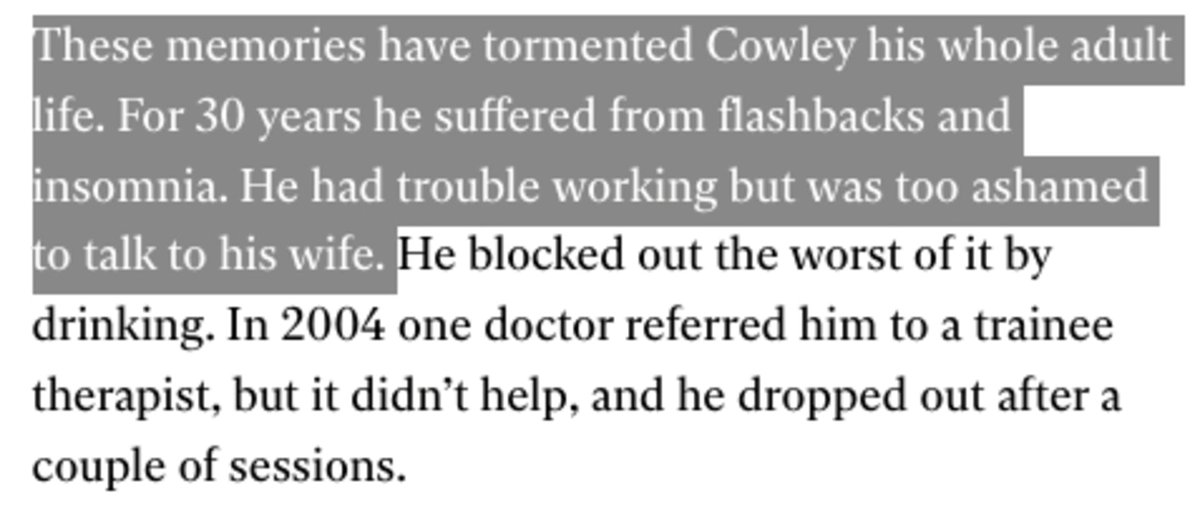
For our last chapter of #EmTechDigital sessions, we'll hear from AI researchers and then to close, David Ferrucci from @elementalcog will pull back the curtain on AI.
First up: @agrimgupta92 from Stanford is interested in how the form of a machine changes its ability to learn, shifting the focus away from learning algorithms operating by themselves and onto learning combined with a kind of bodily evolution. #EmTechDigital
@agrimgupta92 .@strwbilly covered how Agrim's work could unlock AI for robots late last year. #EmTechDigital technologyreview.com/2021/10/19/103…
Agrim says there's a connection between generative design and his work. #EmTechDigital
Our next researcher is @ZennaTavares, an associate research scientist at Columbia University and cofounder of Basis. He's interested in giving machines the ability to reason about cause and effect. #EmTechDigital
Why are humans the model for AI?
Humans can understand humans, and humans have achieved things that other animals haven't, Tavares says. #EmTechDigital
Humans can understand humans, and humans have achieved things that other animals haven't, Tavares says. #EmTechDigital
What are the fundamental challenges ahead?
Many of them are organizational, Taveres says. Figuring things out when you're not a big company is harder. #EmTechDigital
Many of them are organizational, Taveres says. Figuring things out when you're not a big company is harder. #EmTechDigital
Our final researcher is @natashajaques, a research scientist at Google Brain and previously TR35 winner, our annual list of 35 researchers under the age of 35 that recognizes outstanding work by young researchers. #EmTechDigital
Natasha is interested in ways to build AI agents that learn not just from data, but from each other—a kind of social learning for AI. #EmTechDigital
Social learning is learning from other intelligent agents in your own environments. Human social environments drive increasingly complex behavior. Maybe multi-agent AI environments can too. #EmTechDigital
Multi-agent social learning can be an effective to improve learning and generalization, Jaques says. #EmTechDigital
Following our researchers who just brought us three new ways of developing and thinking about AI, now we're hearing from our next speaker, David Ferrucci, founder and CEO of @elementalcog. #EmTechDigital
"The last 10 years have been the most exciting 10 years of AI," Ferrucci says. He credits machine learning. #EmTechDigital
Machines need to be understood and trusted--today's models don't offer that. #EmTechDigital
Watson was like a language model, but didn't do it as elegantly, Ferucci says. #EmTechDigital
• • •
Missing some Tweet in this thread? You can try to
force a refresh







